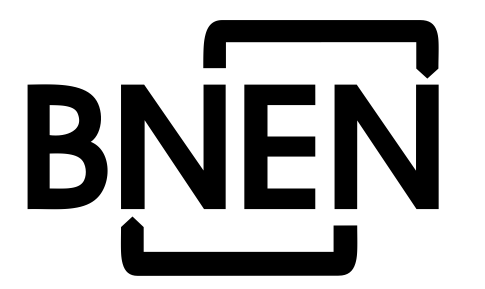Nuclear energy: introduction
Prof. Geert Van den Branden – KU Leuven
3 ECTS
90 hours study time
- 20 contact hours theory
- 15 contact hours exercises/laboratory sessions/visits
- 5 hours additional personal work (reading etc.)
-
- To have a first overview of the different aspects of nuclear engineering and an overall introduction to nuclear reactors, nuclear reactor plants and nuclear applications.
- To place the world and the Belgian nuclear energy production in its economic, social, technical, historic and cultural context.
-
- Birds-eye view of current and future nuclear power systems: PWR, BWR, gas cooled, ADS, … .
- Principles of the physics of nuclear reactors: energy production by fission/fusion; nuclear reactions; the nuclear chain reaction; moderation; heat transfer to coolant; fissile & fertile materials; burn up; fission products; breeding; introduction to the fuel cycle; front end, back end.
- Introduction to safety aspects of nuclear reactors: criticality; core melt; engineered safety systems; risk; difference with research reactors & fusion reactors; interaction ionizing radiation with matter and elementary aspects of radiation protection.
- Economic and societal aspects of nuclear power generation; nuclear electricity generation and sustainable energy provision; public perception & communication.
- Nuclear power in Belgium, Europe and worldwide.
-
Textbook followed:
- John R. Lamarsh & Anthony J. Baratta, “Introduction to Nuclear Engineering”; 3-rd Ed., Prentice Hall, Upper Saddle River, NJ, 2001 (ISBN 0-201-82498-1)
Other interesting books:
- Ronald Allen Knief, “Nuclear Engineering; Theory and Technology of Commercial Nucler Power”; 2-nd Ed., Taylor & Francis, Washington DC, 1992 (ISBN 1-56032-089-3)
- David Bodansky, “Nuclear Energy; Principles, Practices, and Prospects”; 2-nd Ed., Springer, Berlin/New York, 2004 (ISBN 0-387-20778-3)
-
Students are supposed to have a solid knowledge in basis engineering sciences such as thermodynamics,
fluid mechanics, heat transfer, material science etc. (Level of electro-mechanical university graduated
engineers is optimal). -
- First and second session: oral examination, open book.
- Attendance to seminars is compulsory, but the content is not part of the oral exam.
- Open book preparation of one to three (generally overview) questions. Students can take notes during the 30 min preparation. Using the just made notes, students will then be interrogated orally to check whether they have thoroughly understood the study material. After this part, the oral exam is terminated with some small topical questions, e.g. definitions. All questions are oriented towards understanding and insight.
